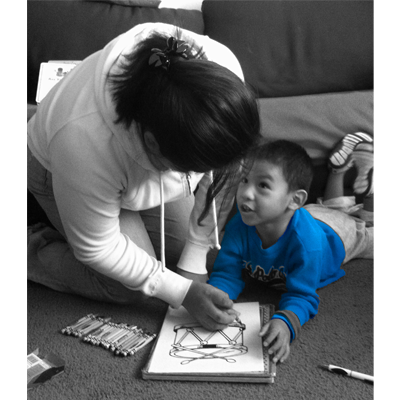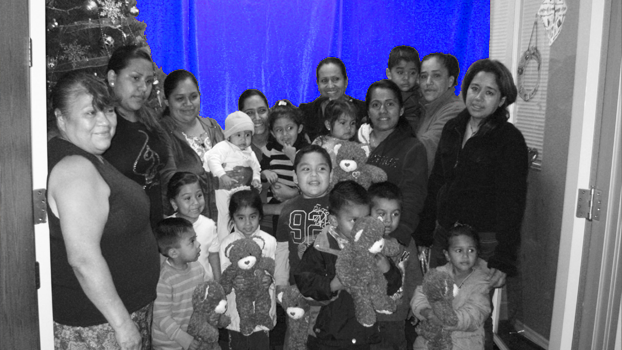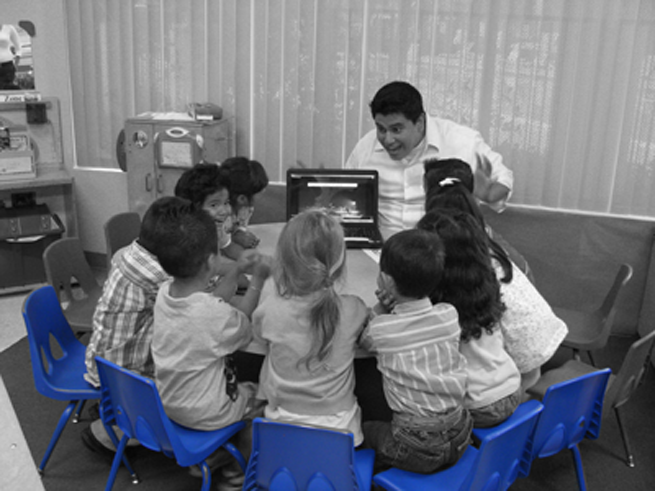
HABLA was founded on the idea that parents are their children's first and most important teachers. HABLA also understands the importance of creating a home environment that encourages educational success and ensures that children have the proper tools and support needed for a jumpstart in their education. With this in mind, HABLA was founded on sound educational principles proven over decades of research and implementation nationwide. HABLA is an official replication site of the Parent-Child Home Program, a national program recognized for the impact it makes on families through home visitation practices that work. HABLA adapted the ideals and principles of this national program to address the individual needs of the children and families in the communities we serve.



